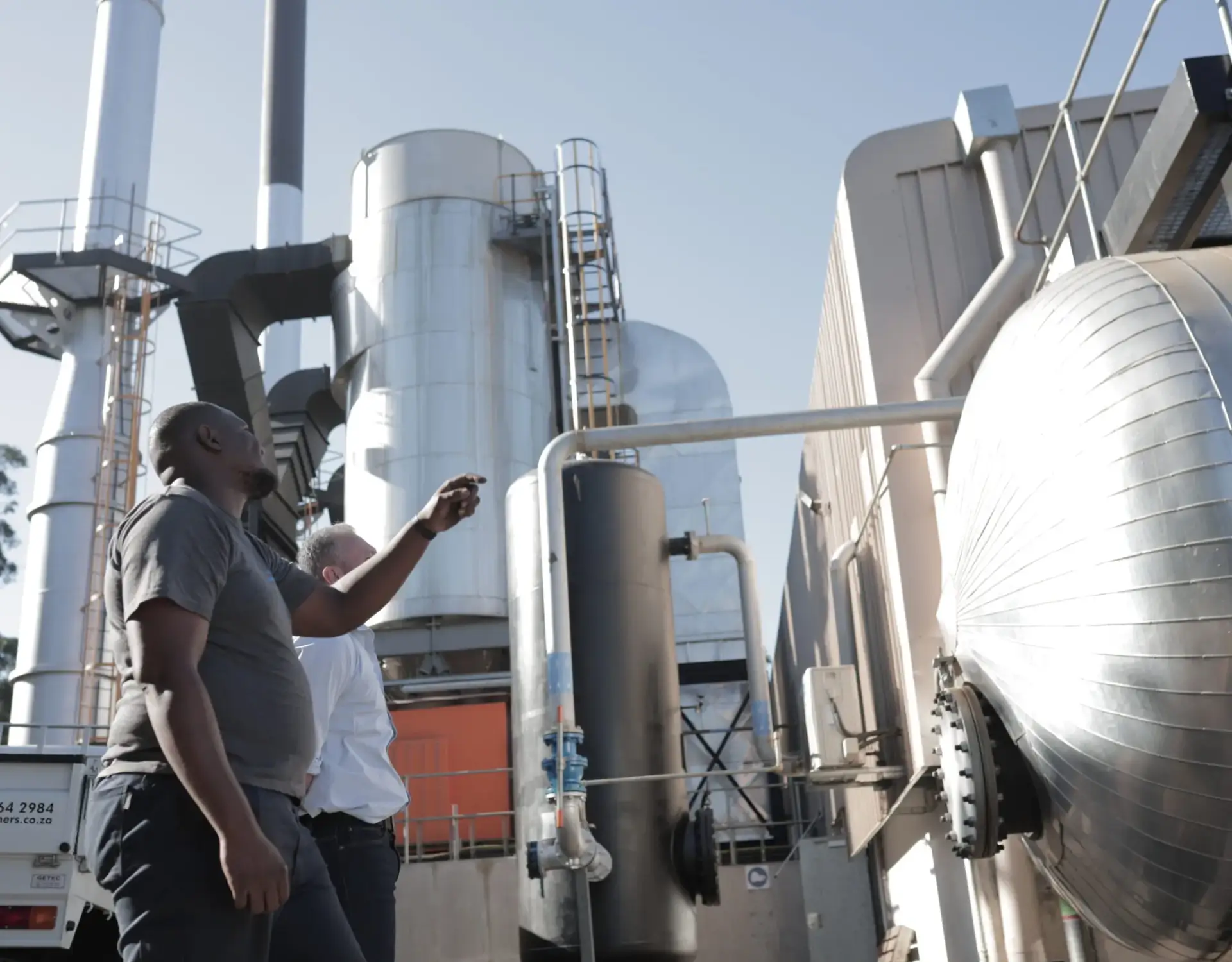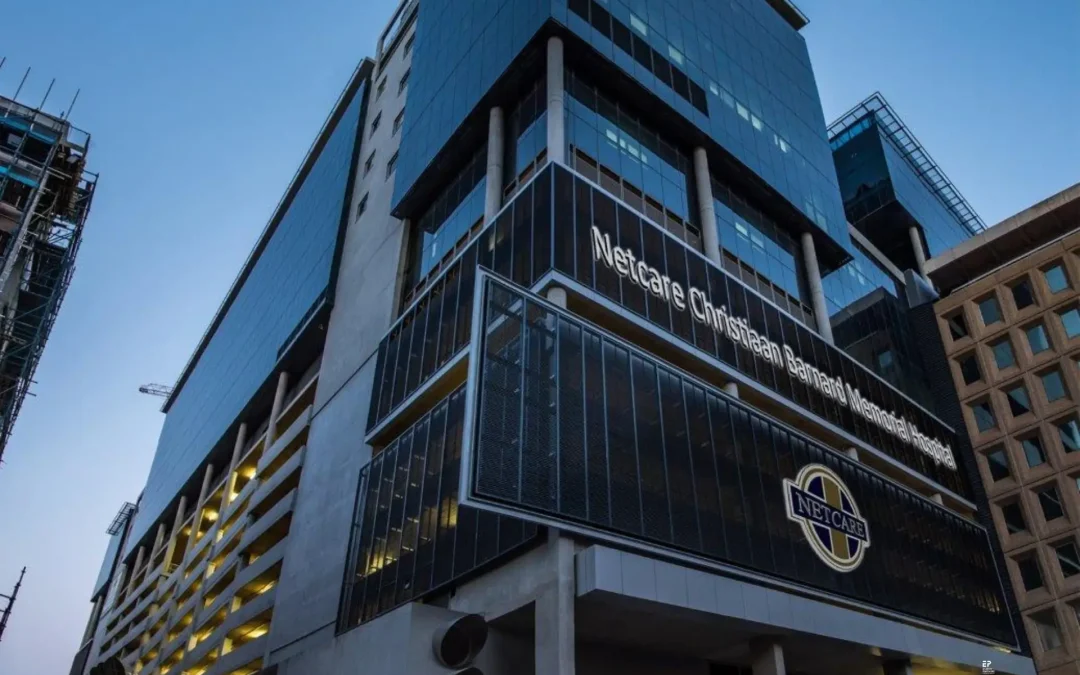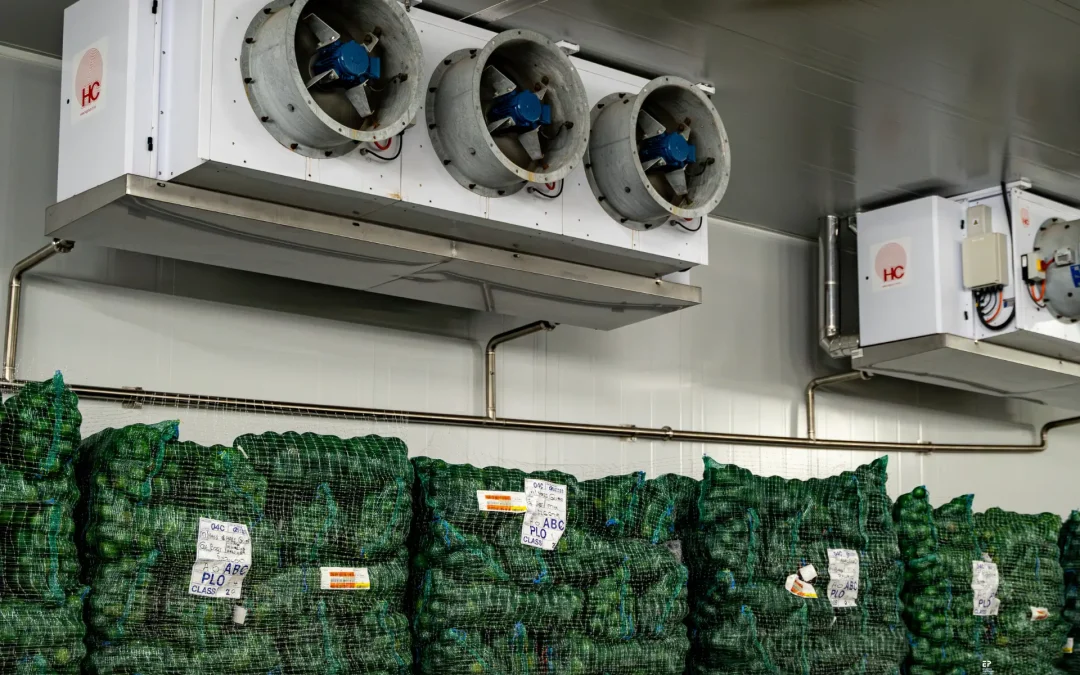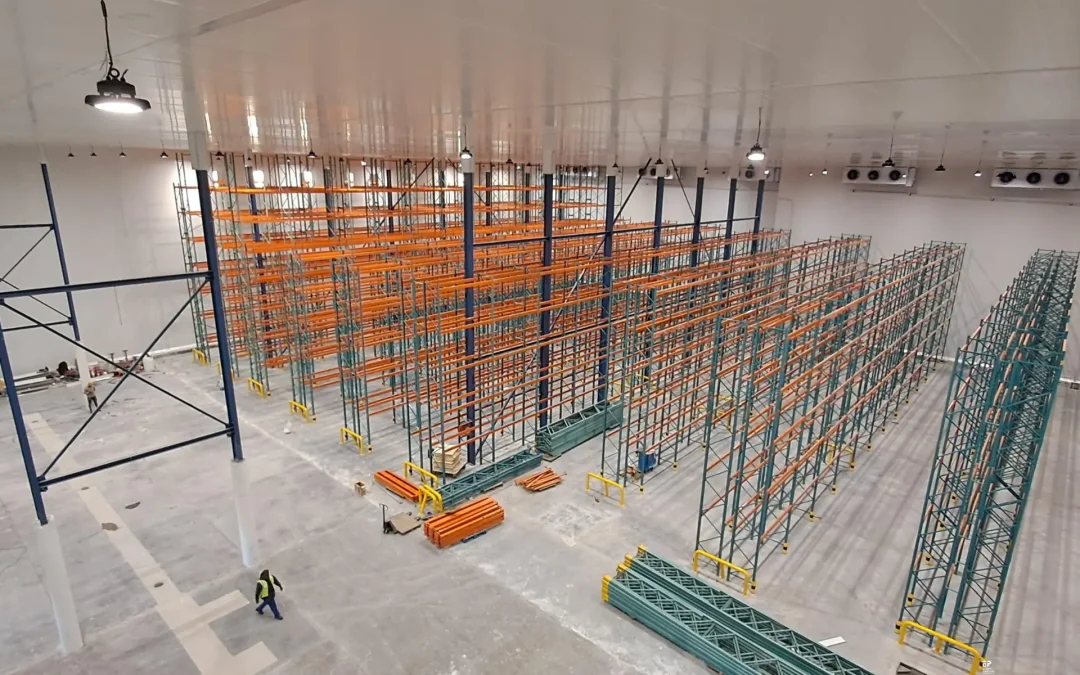Demand for gas-fuelled burners is increasing as South Africa’s production facilities continue to distance themselves from traditional fossil fuels, such as coal, in line with lower global emissions targets, and to align with more sustainable business practices, says steam solutions specialist Energy Partners’ projects and services head Jaco Liebenberg.
The company has positioned itself to supply any steam-generating requirements, including using more environment-friendly fuels, such as natural gas, liquified petroleum gas (LPG), biomass and refuse-derived fuels.
This is in addition to its commitment to helping clients reduce the overall operating cost associated with burners through improved efficiency and uptime.
“Newer burner solutions, such as our UniGas offering, are significantly more fuel efficient and reliable than some of the older burner alternatives. Therefore, clients will realise cost savings, as the total cost of ownership (TCO) of new gas burners is much less than that of older ones. But many clients fail to consider the TCO, concentrating on the initial purchase price of burners instead,” explains Liebenberg.
Fuel is by far the most expensive aspect of any burner setup, he advises, having recently calculated the overall cost of operating a 15 MW gas burner.
“The lifetime cost of this burner is $ 41 billion of which the cost of the burner equipment, including the initial purchase price and lifetime maintenance, is less than 0.1% of the total. So, fuel efficiency is paramount,” says Liebenberg.
As an agent for UniGas and Greens Combustion burners, Energy Partners is focused on promoting these solutions, which are renowned for their efficiencies and ease of maintenance.
“Not only are these solutions simple to use and set up but efficiencies are easily achieved,” he adds.
The UniGas burners can be supplied in sizes ranging from 15 kW to 70 MW – any custom size a customer requires. Greens Combustion burners are typically used where larger incinerator capacities are needed and can also be customised according to client specifications.
Liebenberg suggests reviewing burner efficiencies at least once a month.
“Very few people do this. They basically light the burner and forget about it. Therefore, it’s common for us to get to a site and find a burner running inefficiently.”
He believes that a service level agreement is the best solution to ensuring that burners are effectively maintained to continuously deliver optimal performance. Energy Partners also invests in, owns and operates steam assets off balance sheet – a servitisation option taken up by clients in the food and beverage industry, such as Clover SA and Sovereign Foods. By allowing Energy Partners to take over the responsibility of maintaining and operating their steam generation facilities, clients have more time to focus on their core business, states Liebenberg.
Trusted Project Partner
With more than 60 years of industry experience and ISO9001 accreditation, Energy Partners is trusted by its clients to lower the cost of steam by improving uptime and efficiency.
Most recently, Energy Partners converted a light fuel oil burner at a vehicle manufacturing facility in Gauteng to an LPG fuel burner.
Finalised at the end of January, the conversion, which also included the commissioning of a state-of-the-art control system, will deliver savings on overall maintenance and improve efficiency by 2%. The conversion also allows more profitable use of space, as less of the factory area is required for steam generation.
The project cost R365 000 and the return on investment (RoI) should be realised in about two months.
Further, Energy Partners supplied and integrated a new burner control panel with an existing burner installation at a local beverage manufacturer in August last year.
The company designed, installed and commissioned the control panel which runs on linkage-less actuators, providing fuel savings over conventional mechanical linkage-based systems. Carbon dioxide emissions were also reduced while efficiency improved by 5%.
After investing R240 000, the client achieved RoI in 1.4 months.
Additionally, Energy Partners helped a client in Mozambique eliminate downtime associated with intermittent burner trips.
Completed in July last year, the project involved the design, installation and com-missioning of a fault monitoring panel. This solution provided the client with immediate and ongoing RoI by re-enabling uninterrupted steam supply to downstream customers.
Energy Partners also helps clients avoid downtime during maintenance periods through its rental service.
When supplying boilers with fully optimised, well-maintained burners to a Sasolburg-based operation in October last year, Energy Partners delivered reliable uptime, and the best possible efficiency levels, allowing the client to benefit from the lowest possible fuel costs during its two-week maintenance period. The client reported a R600 000 saving against their budgeted costs.
While the company has historically focused on retrofitting existing burner installations to improve efficiency, Energy Partners is also experiencing a growing demand for new burner installations as operations adopt new technology geared towards sustainability, improved uptime and operating cost reduction.
This article was originally written for and published by Engineering News.





